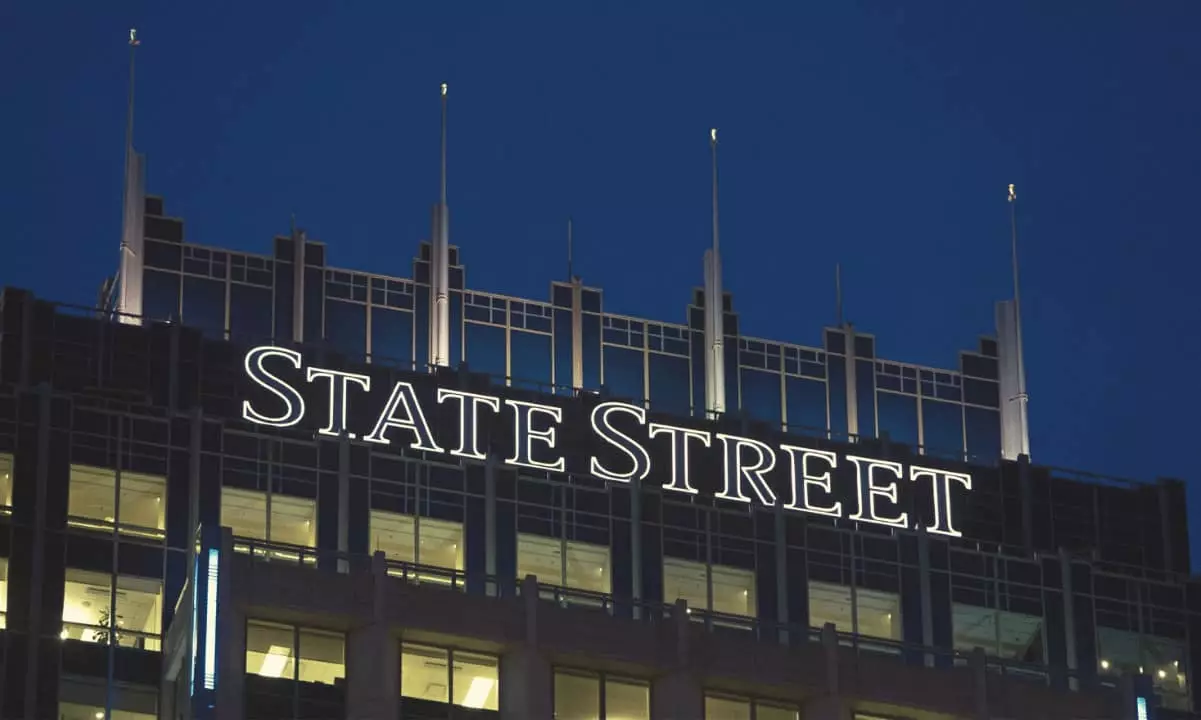State Street Corp., a prominent financial institution based in Boston, is delving into the world of cryptocurrency by considering the launch of its own stablecoin and tokenized deposits. This move is aimed at enhancing payment settlement processes through the utilization of blockchain technology. The company has been actively involved in efforts to immerse itself in the crypto space, signaling a shift towards embracing digital assets.
Integrating Blockchain Solutions
State Street is not stopping at stablecoins but also aims to partake in the development of digital-cash consortiums and explore settlement options through its investment in Fnality International. This fintech company focuses on blockchain-based payment solutions, aligning with State Street’s strategy of streamlining global payments. By ramping up its digital asset efforts and integrating a dedicated team into its operations, the company is bridging the gap between traditional finance and digital assets.
Evolving Landscape of Finance
In a landscape where traditional finance and digital assets are converging, State Street Corp. is making notable strides in the blockchain industry. The company has ventured into providing fund administration and accounting services for spot Bitcoin ETFs and has collaborated with Galaxy Asset Management to develop digital asset ETFs. Furthermore, State Street’s recent survey of 300 investment institutions revealed a growing readiness to trade digital assets on distributed ledgers, given the presence of suitable infrastructure.
Major players in finance are increasingly turning to tokenization of real-world assets and the use of stablecoins to leverage blockchain technology. Tokenizing assets such as bonds and funds offers benefits like increased efficiency, faster settlements, and reduced administrative costs. Additionally, stablecoins provide a digital representation of fiat currency on the blockchain, with the added advantage of being pegged to the value of stable assets like the US dollar.
State Street Corp.’s exploration of stablecoins and tokenized deposits mirrors a broader trend in traditional finance towards embracing blockchain technology. Institutions like JPMorgan Chase & Co., Goldman Sachs, BlackRock, and PayPal have all made significant strides in adopting blockchain solutions for various financial transactions. These developments underscore the growing acceptance of digital assets in mainstream finance, with institutions adapting to market demands using innovative technologies like blockchain.

